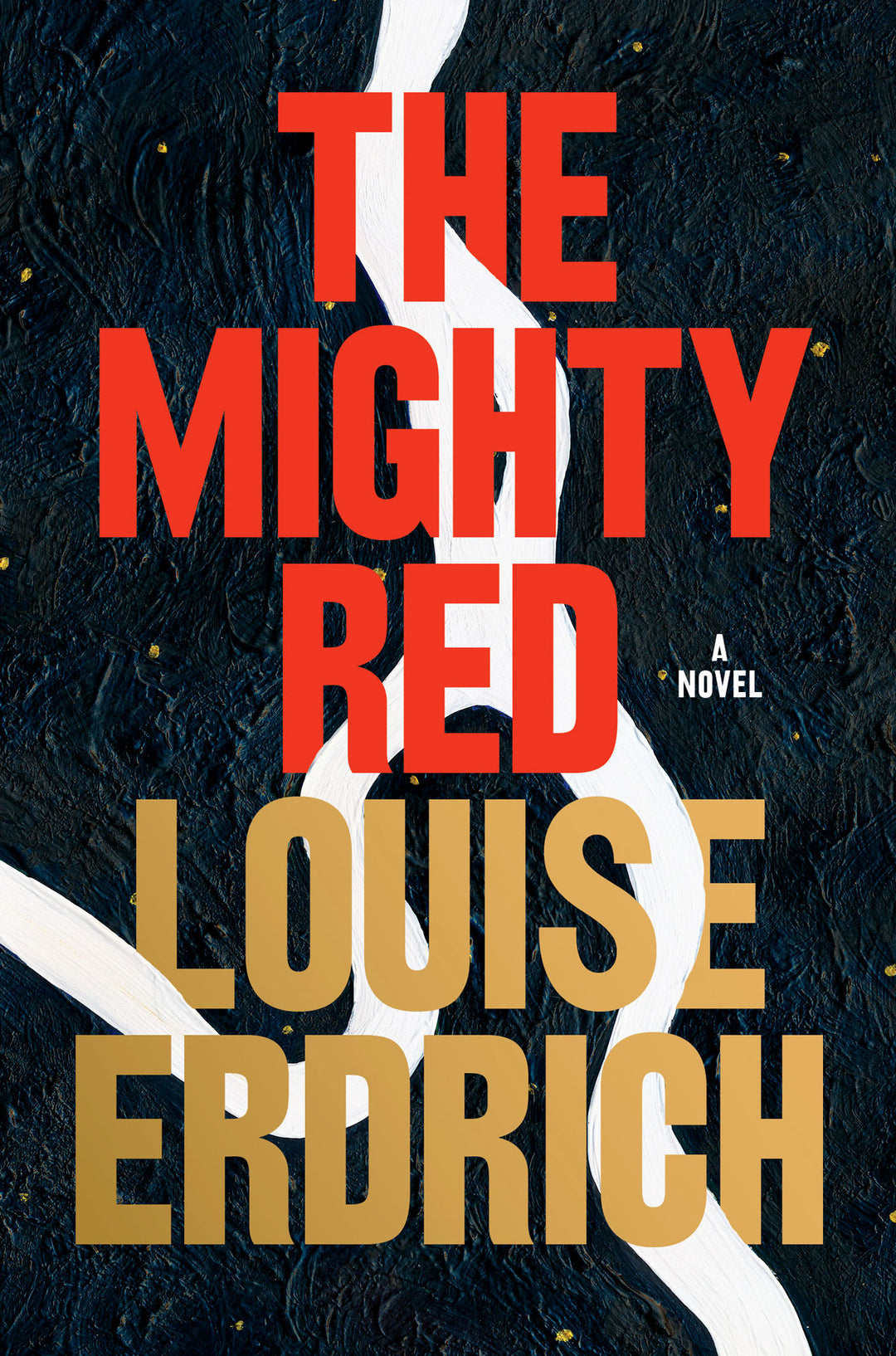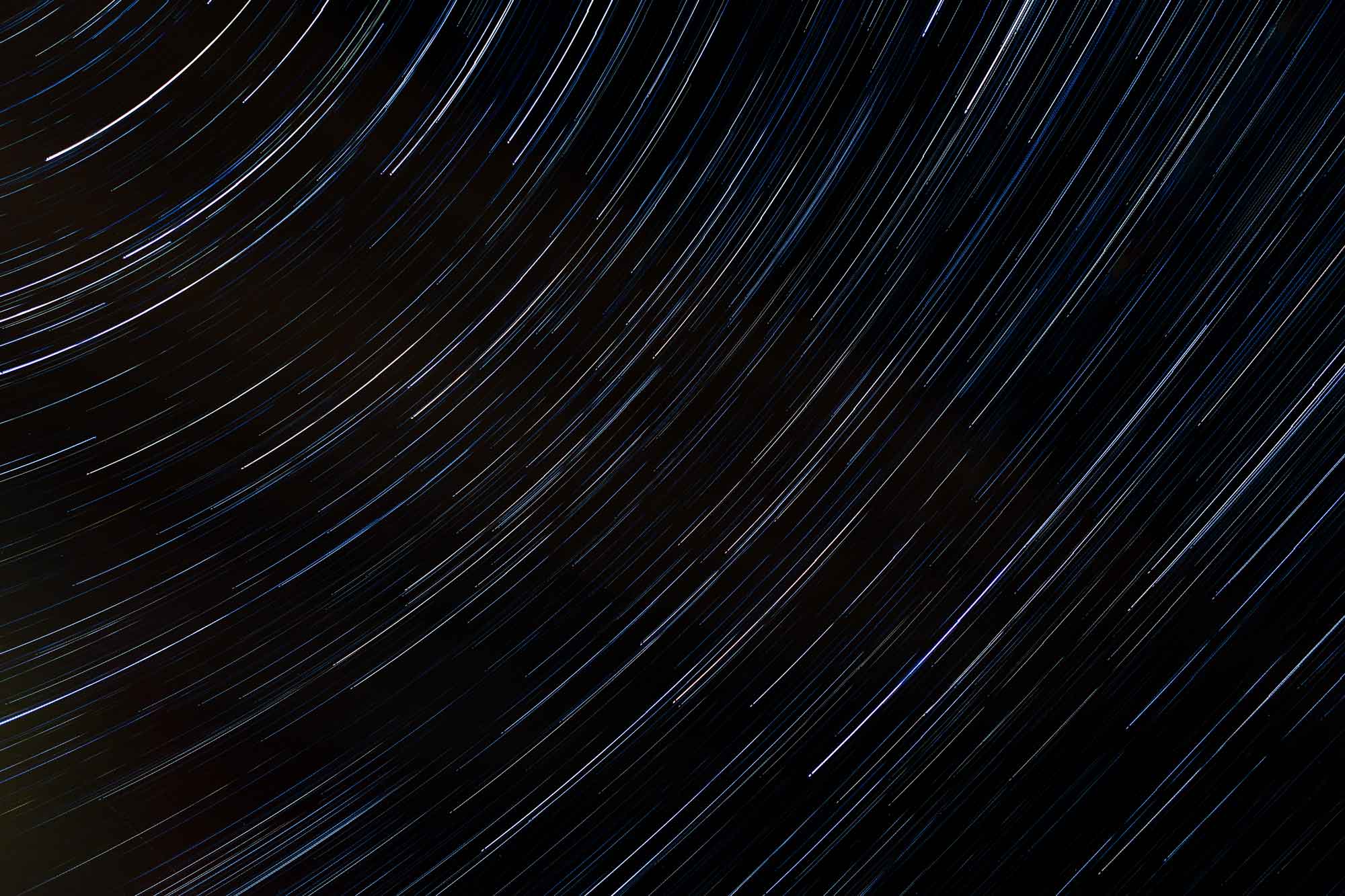Windows of Clarity
Addicts of all types who eventually enter recovery know the phrase "window of clarity". Through the haze of drugs or booze, people have a poignant stroke of thought. People realize their addiction is deadly; it is collapsing their personal world. So, too, a cheap energy addict (like me) knows these moments. Every so often, I look at some object in my hand and see the unrecoverable petroleum that actually produced it. I drive 1-94 to see my parents and remember only 130 years ago this journey was harrowing, it took a month by ox cart or more in some seasons. Before that, people walked and working dogs dragged along their portable houses. In that window of clarity my car, all of our cars, which we take for granted, are magic carpets.
One such moment of clarity occurred this summer in Belcourt, North Dakota, on my home reservation where I went with my mother. I bought an apple in the grocery store. It was labeled Holland. The apple wasn't really from Holland, but it might as well have been. This apple appeared near the central Canadian Border in June -- it came from somewhere very, very far away. There are few places so remote that they do not get shipments of pesticide (petroleum) laced produce, fertilized (petroleum), harvested (petroleum) and shipped (petroleum) from a place equally mysterious and remote. The apple in my hand might as well have been tossed to the Turtle Mountains by a genie -- one created of a fabulously powerful substance accompanied by a deadly curse.
At our last bookstore meeting we talked as a group about what would make our work at Birchbark Books more meaningful. One of us said it would be great to enlarge our mission to include transitional thinking about how to strengthen local economies. The word "transitional" clicked with me. My windows of clarity, interspersed with bouts of magical thinking, included dread. Nobody likes to linger too long in a moment of clarity about climate change because it always ends in dread. Year by year I've tried to recycle, reduce, reuse. Still, the dread. And the word Collapse is enough to stop most thought. But the word Transition somehow pulled me out. Transition is not about dread, survivalist fear, a life of paranoia, hoarding guns and money and vacuum packed plastic barrels of grain. It is about producing our own energy and food, but in a joyous and meaningful way.
My mother's family gardened and canned and hunted all the food they ate only a generation ago, right there in the Turtle Mountains. My mother and father could still survive from their garden and orchard if they had too, even though they give most of what they grow away.
The Transition Handbook: From Oil Dependency to Local Resilienceby Rob Hopkins, is a great place to start reading. I recommend it as a positive beginning -- I have worked my way backward into Lester R. Brown's World On The Edge, and John Michael Greer's The Wealth of Nature, and Original Instructions edited by Melissa K. Nelson, all excellent. As soon as I read The Transition Handbook, however, I realized that in Minneapolis we have the makings of a great transition city. Here are signs:
One year ago our bookstore faced a sheet of asphalt. Kenwood School was paved to the foundation. Last year that asphalt (petroleum) was torn out and replaced with a garden as miraculous as that apple in the Turtle Mountains. It was planted by (genies) the parents of schoolchildren, tended by the children (naturally produced) as well as more (eternal motion machines) parents, teachers, and now is being harvested. At the start of school barbeque, parents took home produce, marveling at the freshness, exchanging recipes. One boy looked at the top of a carrot showing in the dirt and asked, shyly, "can I pull it out?" He did, and walked away brushing his face dreamily with the soft carrot leaves. "I never knew they had tops" he murmured.
A moment of clarity for that boy, maybe, and for me a reason to enlarge our bookstore's offerings to include a section on Green Thinking, Urban Homesteading, Climate Change, The Commons, Indigenous Gardening -- all of the topics that I'd love to deny but can't. If we look over the sides of our magic carpets, we'll realize we're floating on thin air. If it's all the same, I'd rather coast down or "power down" than drop. But that requires living in that clarity, more reading, and taking action.
Thanks to all of our supporters who keep Birchbark Books going here on 21st Street. Watch for Diane Wilson reading from Beloved Child. She not only writes beautifully, but she is the director of Dream of Wild Health, an Indigenous gardening project and an original partner of Birchbark Books.
Louise






